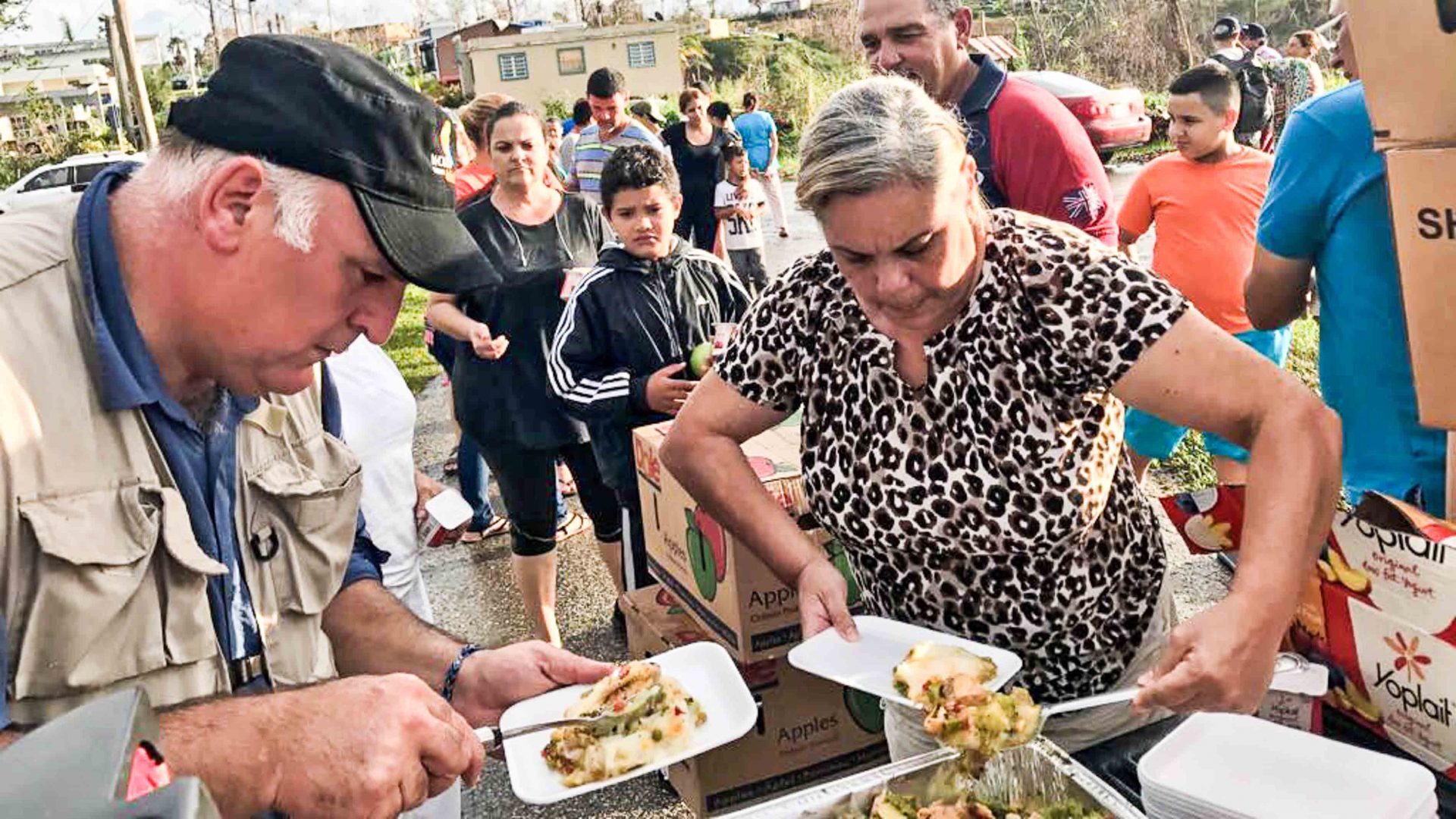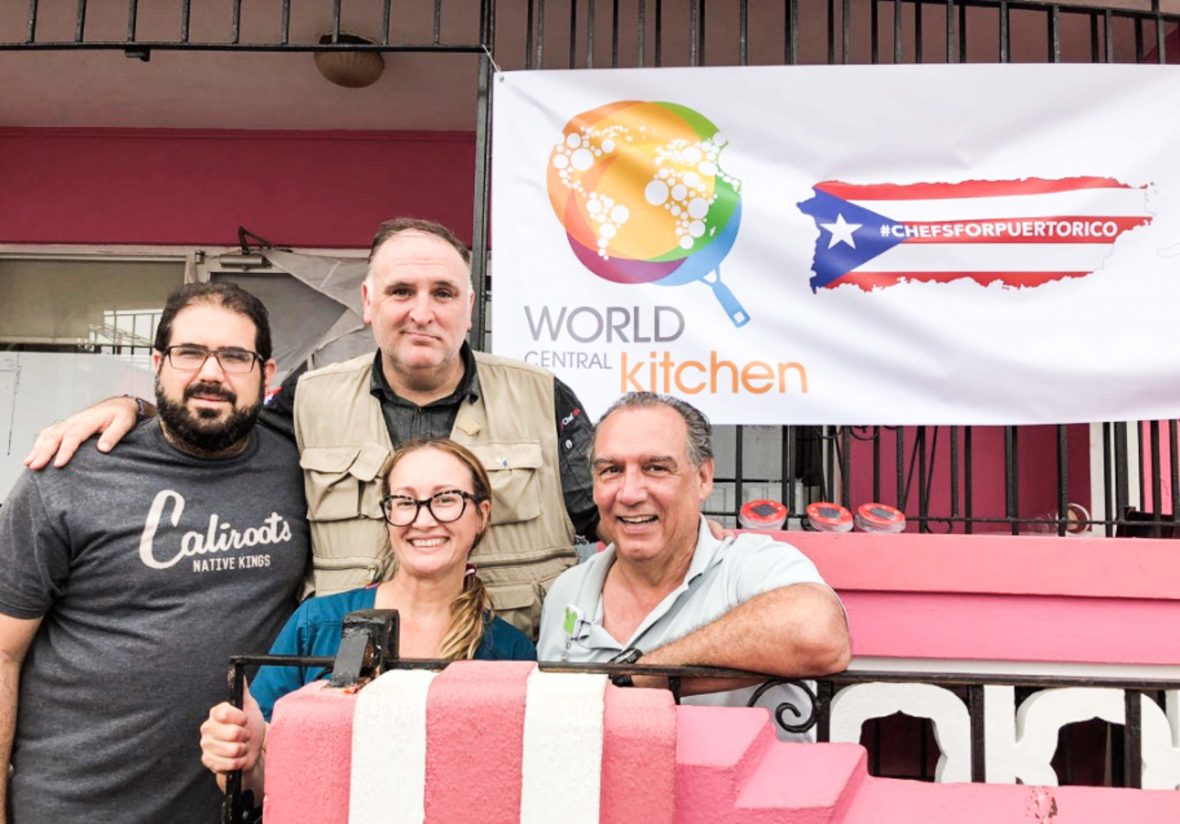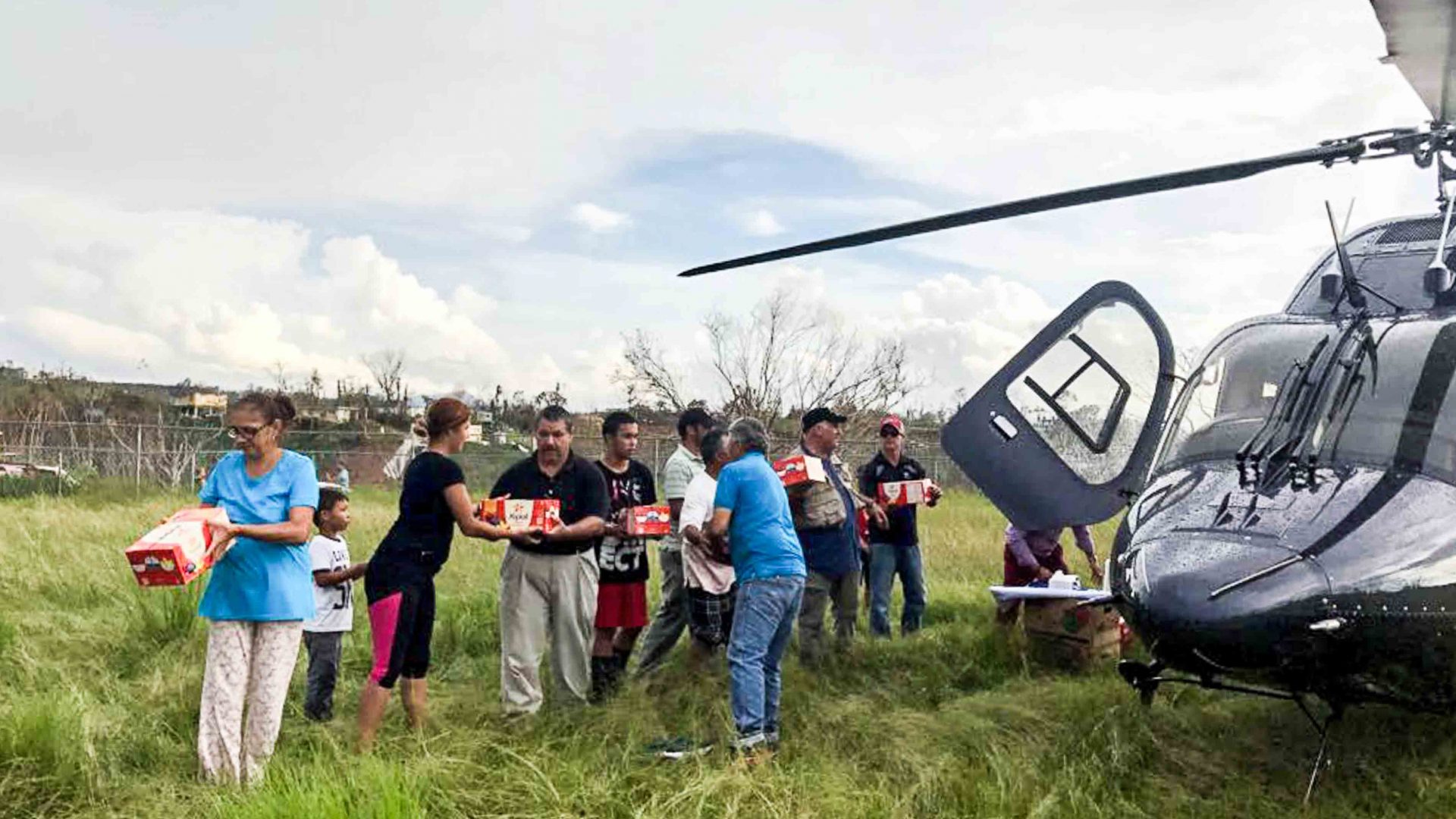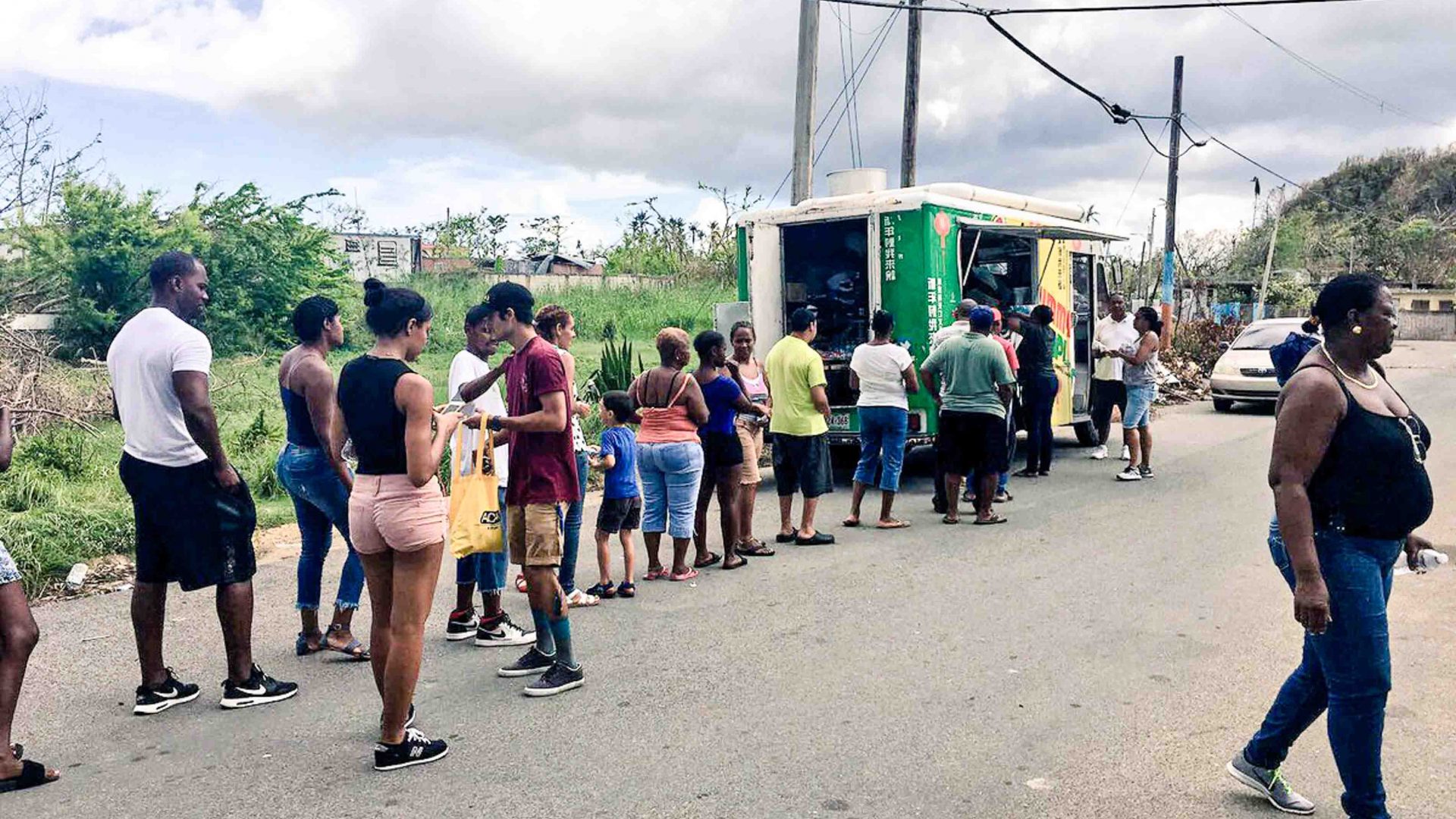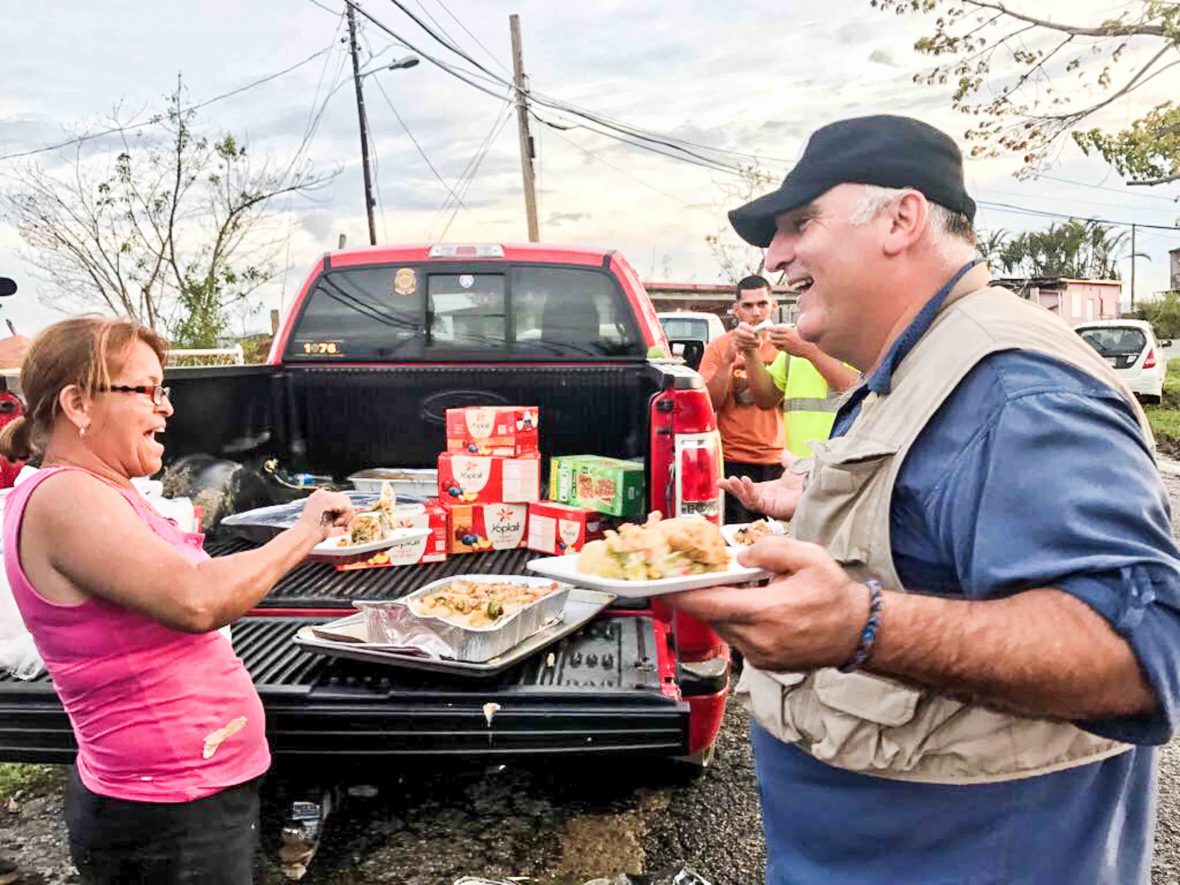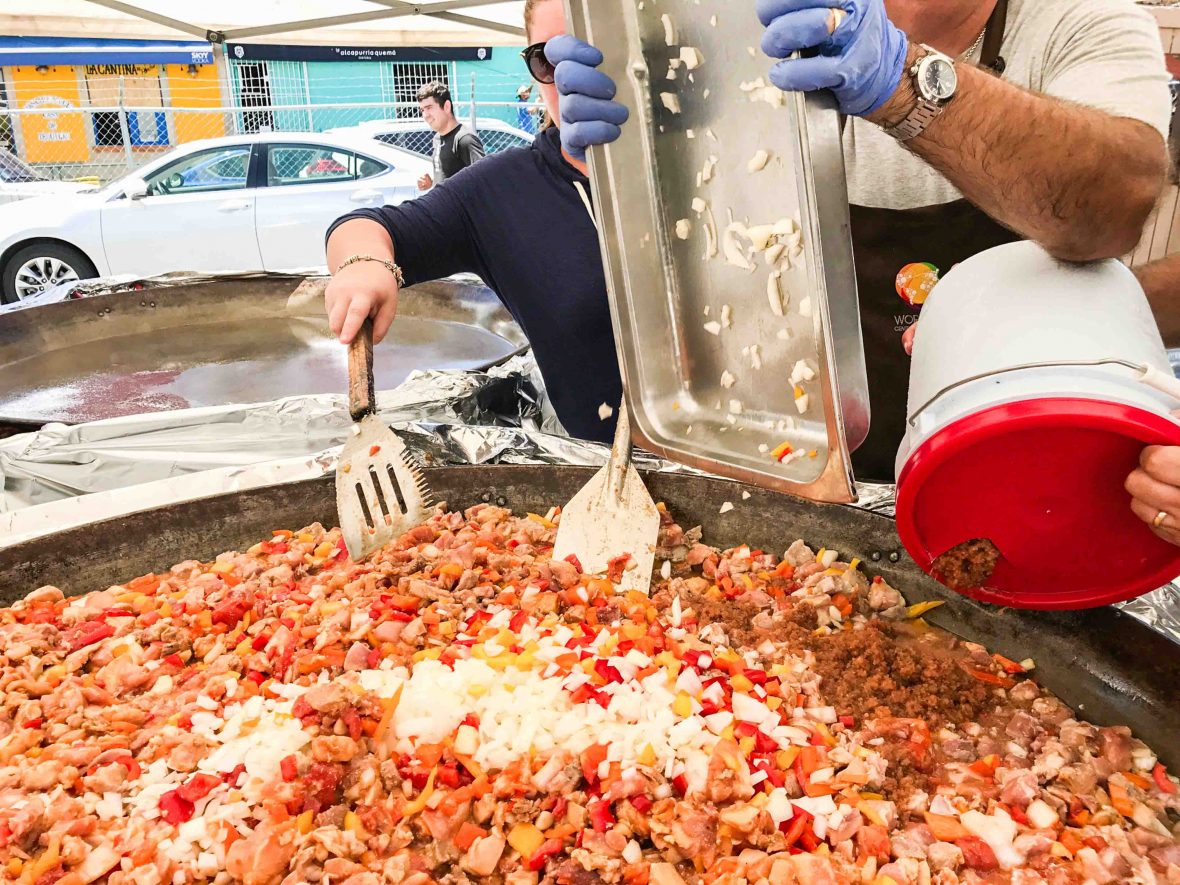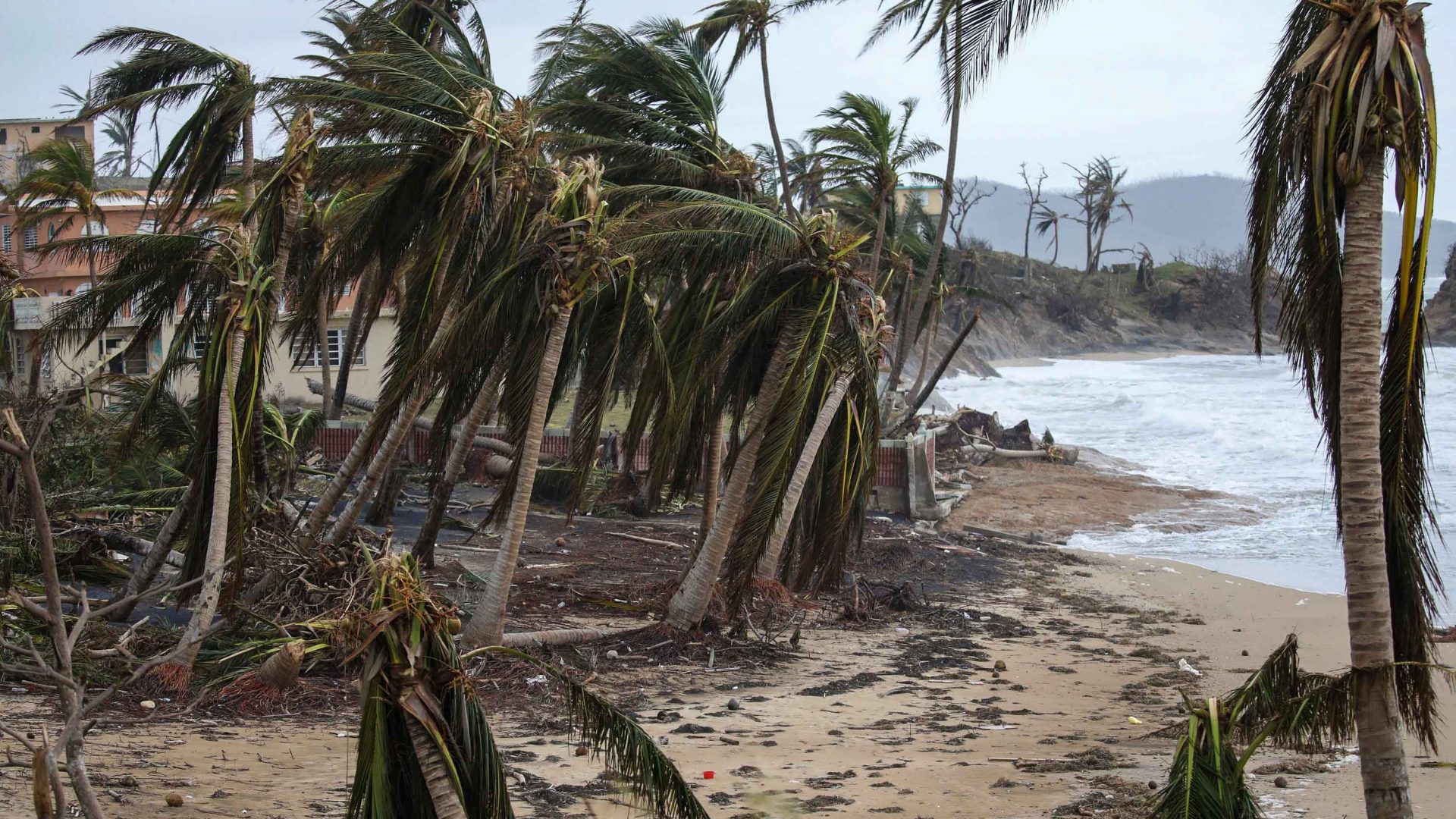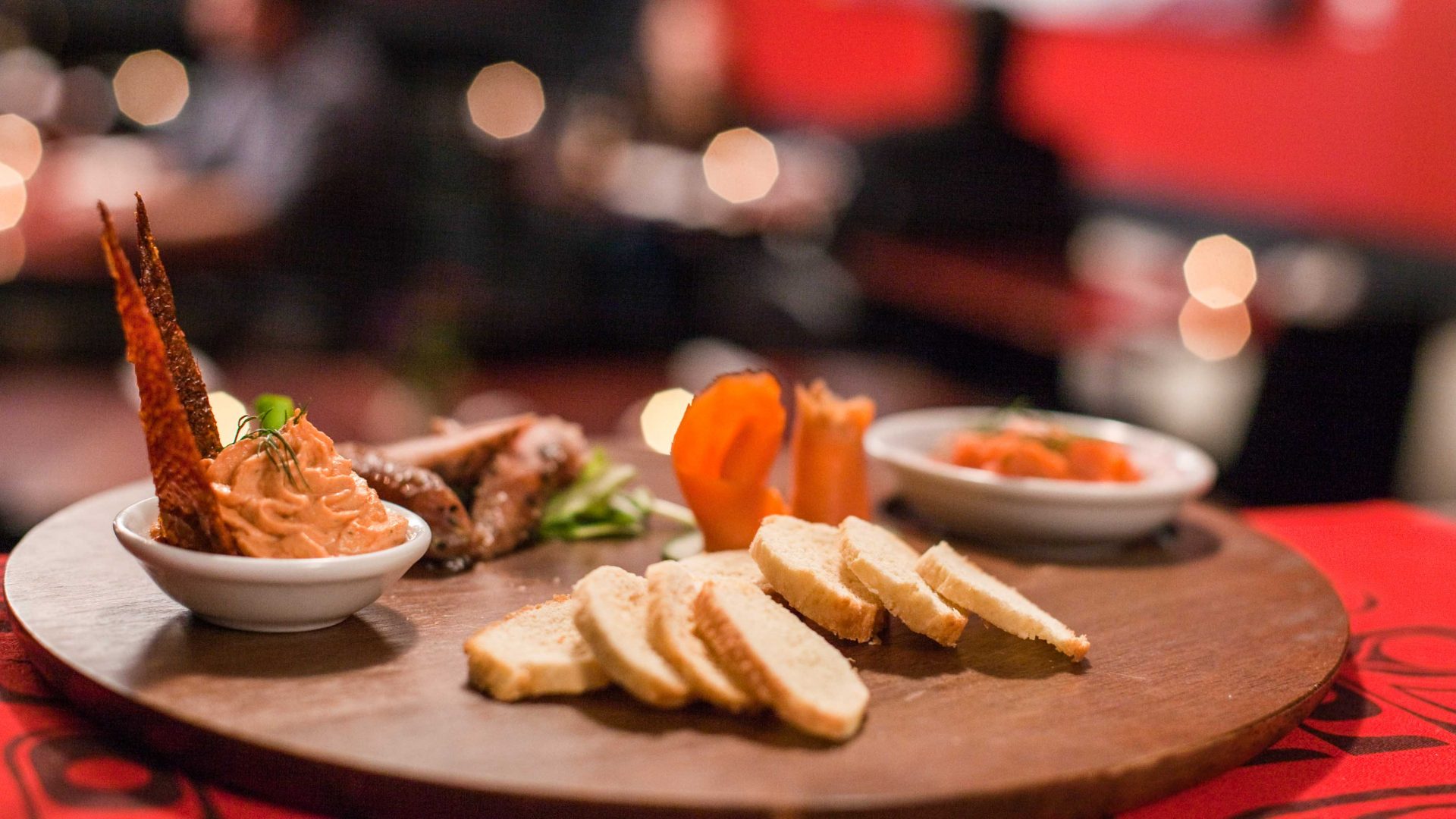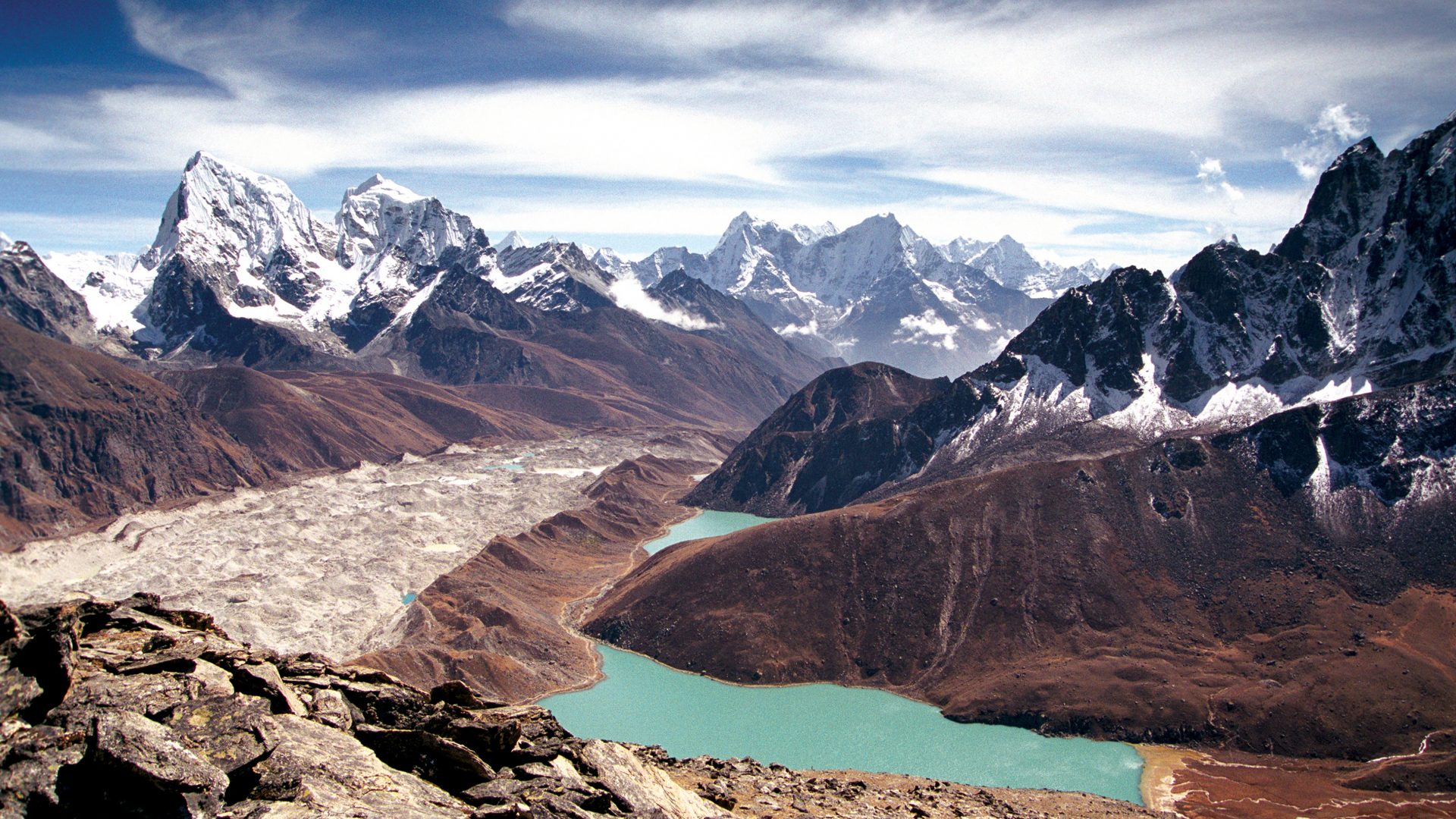As Puerto Ricans struggle following Hurricane Maria, and US aid seems in short supply, celebrity chef José Andrés is stepping in—serving more meals than even the Red Cross.
When an earthquake rocked Haiti in 2010, chef José Andrés felt compelled to do something useful. Andrés, who is known for his jovial personality and his equally playful cuisine at restaurants like Jaleo and Zaytinya in Washington, DC, could easily stay in the comfy circles of the upscale culinary world—he’s a James Beard-awarded ‘Outstanding Chef’ and earlier this year, he was presented with the Lifetime Achievement Award by the International Association of Culinary Professionals.
But the restless, globe-trotting Andrés has never been content to confine himself to gleaming kitchens with multi-burner stoves and well-stocked walk-ins, and so he founded World Central Kitchen, a non-profit that unites chefs and deploys them to communities in need—think ‘Chefs Without Borders.’
While World Central Kitchen provides ongoing culinary training and job opportunities in several countries, it’s become best known for its disaster response work. And so, when Hurricane Maria made landfall in Puerto Rico on September 20, 2017, knocking out the electrical grid, destroying roads, and creating a water and food crisis, it didn’t take long for Andrés to decide he’d deploy his team to the island.
Since Hurricane Maria ripped across the island, the mainland US media has been tracking stories about the difficulty of disaster response efforts. Even in good times, life is often more complicated on an island; in hard times, the most basic logistics become nearly impossible to execute. The scale of devastation caused by the hurricane, sweeping not just the coastlines, but also across the entire interior of the island, was unprecedented for Puerto Rico.
Nearly a month after the hurricane hit, most of the island’s residents remain without electricity and drinking water—and the situation doesn’t look like it’s going to get better anytime soon.
And what’s less reported in mainstream outlets is how electricity and water availability further complicate the daily challenge of cooking and eating. With no diesel, trucks can’t deliver food to supermarkets. And with no or extremely limited power, often generator-powered, grocery stores—even mega-chains like Sam’s Club and Walmart—can’t stock meat and dairy products, even if supplies are making it to the island.
RELATED: What to know before you cancel your Caribbean trip
Without power, Puerto Ricans can’t use debit or credit cards to buy food that is available, and it’s hard to withdraw cash from banks. And while the US Postal Service claims it’s doing its best to deliver care packages from the mainland to Puerto Rico, on-the-ground reports suggest that packages of food and other necessities sent weeks ago still haven’t shown up.
There’s been intense criticism of FEMA, the federal agency responsible for disaster response, which is widely viewed as not acting quickly or decisively enough to send the aid that was available to the areas and people most affected by the hurricane. FEMA, in response, has blamed Puerto Rican politicking for its challenges. One of the agency’s most vocal critics is Andrés.
Earlier this week, he bluntly told TIME Magazine: “The American government has failed,” adding that FEMA could be providing more support to him and his team in order to expand their capacity to serve more Puerto Ricans in need.
Andrés and World Central Kitchen have been on the ground for more than three weeks, and his team reports to Adventure.com that they are providing at least 100,000 meals daily out of multiple locations across the island. On October 17, they served their millionth meal, surpassing the efforts of the Red Cross.
